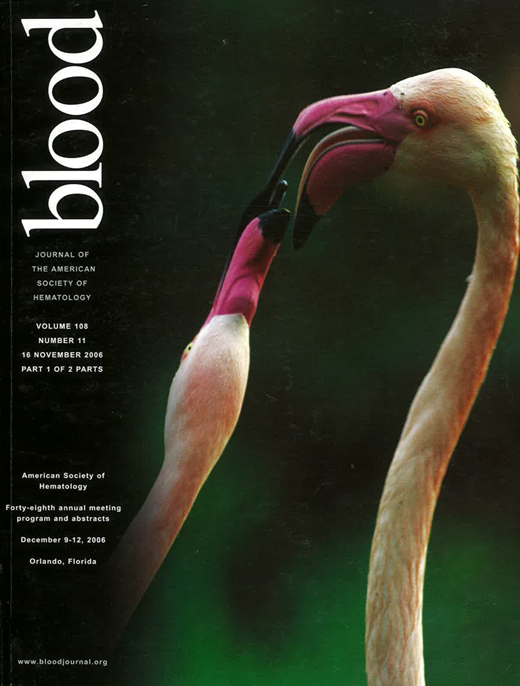Abstract
Immune stimulatory cytokines can be exploited to treat human ailments including cancer. Amongst cytokines identified for such use, granulocyte-macrophage colony stimulating factor (GMCSF) has been under much scrutiny since it acts directly on the adaptive immune system by enhancing antigen presentation as well as costimulation. Furthermore, interleukin (IL)15 possesses overlapping activities with IL2 such as the activation of T-cells and the stimulation of natural killing as well as additive stimulatory effects on the immune system distinct from IL2. These features make IL15 an attractive companion to GMCSF as part of an immunotherapeutic fusokine. Therefore, we hypothesized that a GMCSF and IL15 fusion protein (GIFT15) would possess greater immune stimulatory properties than their combined use. Unexpectedly, tumor cells engineered to secrete GIFT15 protein led to enhanced tumor growth and suppression of natural killer (NK) and NKT-cell recruitment in vivo, suggesting an unheralded immune suppressive effect. We found that GIFT15 has pleiotropic effects on an array of immune competent cells. More specifically, peritoneal macrophages treatment with GIFT15 secrete de novo the tissue inhibitor of metalloproteinase-2 (TIMP-2); activated matrix metalloproteinase-2 (MMP-2); transforming growth factor-β (TGF-β) as well as vascular endothelial growth factor (VEGF). In terms of ligand-receptor interactions, we show by BIAcore analysis that the GIFT15 fusokine has increased affinity for the αchain component of the trimeric IL15R, which contributes to aberrant signalling through the β chain manifested by the hyperphosphorylation of STAT3 both in macrophages and splenocytes. In addition, GIFT15 and IL15R virtual interaction studies suggests that the GMCSF domain component of the GIFT15 fusokine may hinder the interaction of the IL15 domain component with the IL15Rγ chain, and thus leading to a downregulation of the JAK3/STAT5 pathway. We also show that GIFT15 leads to suppression of common γ chain-mediated STAT5 phosphorylation and blockade of the IL15-dependent IFN-γ response in mouse splenocytes We tested the utlity of GIFT15 as an immunosuppressor directly in vivo and demonstrated that it allowed engraftment of allogeneic B16F0 and human xenograft U87MG glioma cells in immunocompetent mice in a CD4-dependent maner. Thus, GIFT15 defines a new class of fusokine which mediates pro-angiogenic and potent immunosuppressive effects via aberrant signalling by the IL15R in lymphomyeloid cells. We propose that GIFT15 may serve as a novel pharmaceutical for tolerance induction of somatic allo or xenografts in mammals without requirement of toxic conditioning regimens.
Disclosure: No relevant conflicts of interest to declare.
Author notes
Corresponding author

